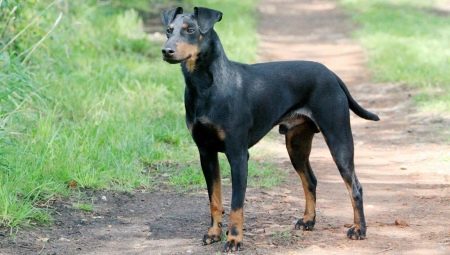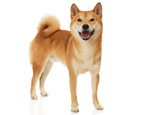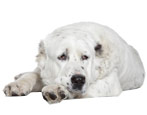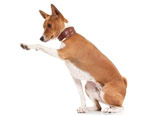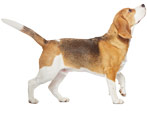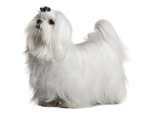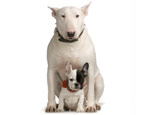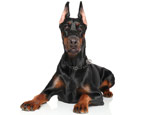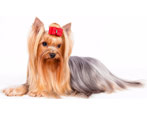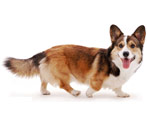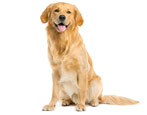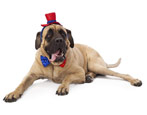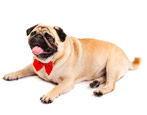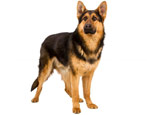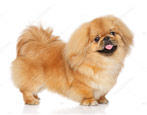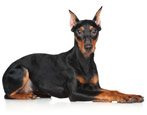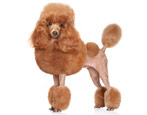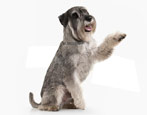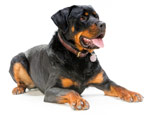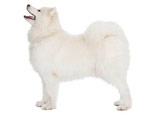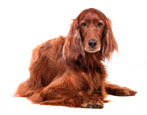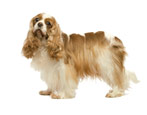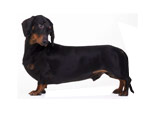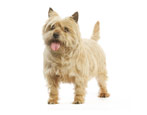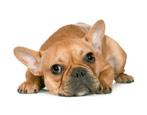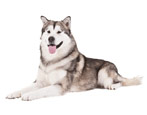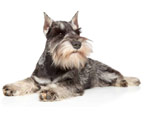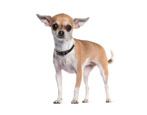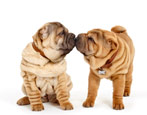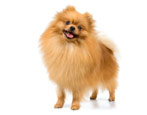Manchester Terrier is a breed of dog that was bred in England, initially with a specific purpose - to exterminate rats. However, today Manchester Terriers are bred as ordinary pets. They attract breeders with their energetic and active character, as well as their unpretentiousness regarding maintenance and care.
What is the history of the origin of this breed, how many Manchester terriers live and in what conditions should they be kept - in our material you will find answers to these, as well as some other questions about the breed.
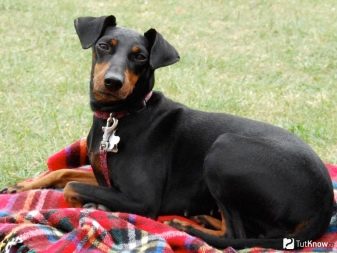
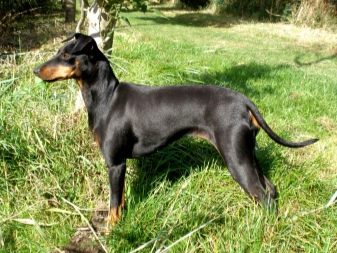
Origin history
Generally speaking, the history of the origin of this breed of four-legged pets is quite unusual. Despite the fact that the animal belongs to the category of terriers, it appeared not from the farm, but from the urban environment, unlike its counterparts. The Manchester dog breed copes well with the capture of rats and other rodents, as well as some hare-like ones.
If we talk about the breed, which became the progenitor of the Manchester Terrier, it is worth noting that today it is considered extinct. So, the ancestor of the breed is the English tan black terrier. During its existence, this dog was highly regarded for its ability to work.
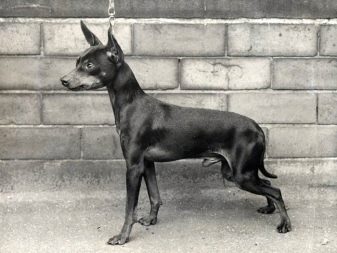
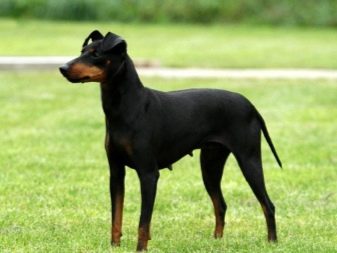
The Manchester Terrier was bred in the 19th century. The need for the selection of such a dog arose due to an increase in the rat population in England. Due to the fact that pests had to be destroyed, an enthusiastic scientist John Hulm decided to select an animal that would do an excellent job of this.To obtain a new breed, the breeder crossed the Old English Terrier and the Whippet.
As a result, the Manchester Terrier turned out.
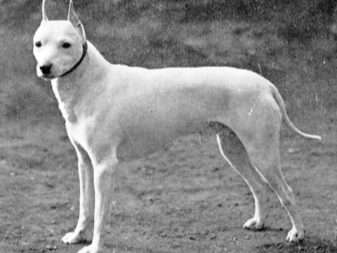
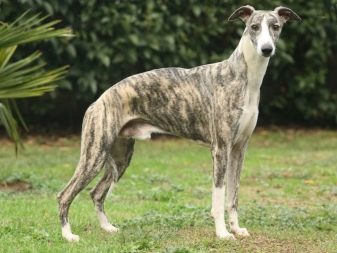
In the second half of the 19th century, the Manchester Terrier became one of the most popular, widespread and valuable breeds. In this regard, the second wave of experiments and selection began, which was aimed at improving the appearance of the animal, since its physiological and mental qualities at that time met all the necessary requirements.
As a result, after breeding work, the Manchester Terrier was born in the form we know today. The breed was recognized and officially registered in 1886. After that, independent cynological clubs and their branches began to be created, which were engaged in the study and breeding of the Manchester breed. The final step in the development of this breed of dogs was the adoption of clearly defined standards of appearance and anatomical structure with respect to the Manchester Terrier.
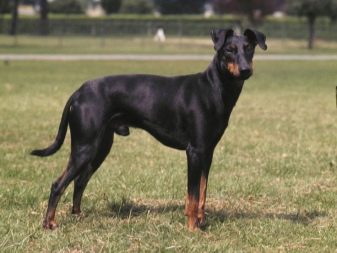
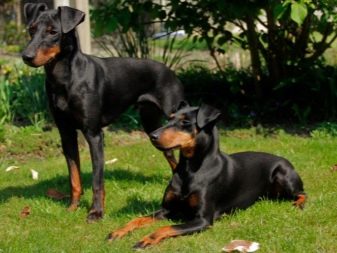
Description
As mentioned above, the Manchester Terrier breed overcame several breeding waves in its development. In the veins of modern dogs, the blood of the Whippet, an English terrier called black and tan, Chihuahua and some other varieties, flows. Accordingly, the animal contains the external and internal signs of all these varieties of dogs. And this applies to both adults and puppies.
So, for starters, it should be noted that the animal has a rather small size, but nevertheless the physique is notable for its sufficient strength and reliability. The height of the Manchester Terrier at the withers usually does not exceed 40 centimeters, and the maximum weight of an adult representative of the breed is 10 kilograms.
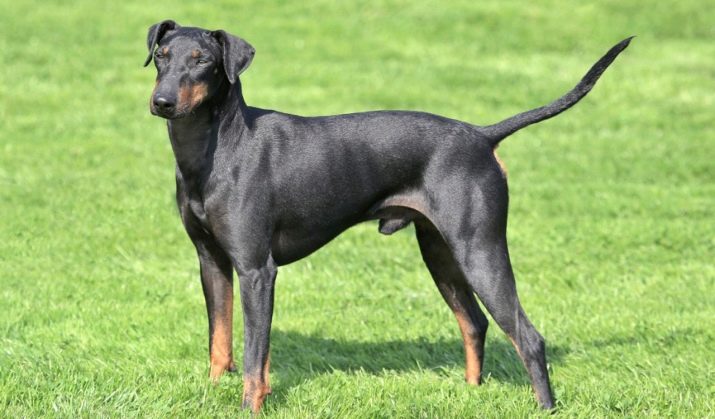
The cranium of the animal is characterized by an elongated structure, but is quite flat and has a peculiar shape in the shape of a wedge. The front of the Manchester Terrier tapers towards the nose, the lobe of which is painted in black. The jaw of a four-legged pet has a scissor bite.
On the front of the head are small in size, dark and shiny eyes, which have an almond-shaped shape.
Ears have a triangular shape and average dimensions, they hang down.
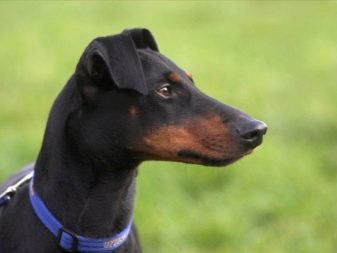
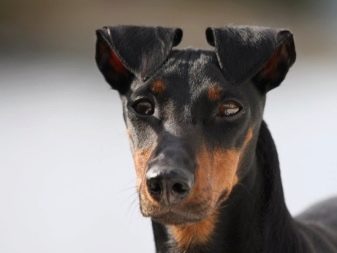
As for the anatomical structure of the body, it is important to note that the neck of the Manchester Terrier is quite long, and it becomes the wider the closer it approaches the shoulder girdle. The tail is quite short and has a different thickness along the entire length, thickening towards the base. The limbs of the animal are not the same: the front legs are relatively straight, but the hind legs have a pronounced curvature in the knee joint.
Manchester Terriers are dogs whose characteristic feature is a short but thick and shiny coat. The color may be different, but the most common is the combination of black and red. Moreover, red blotches are distributed over the body - they can be seen on the head and legs.
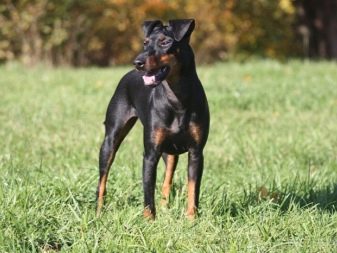
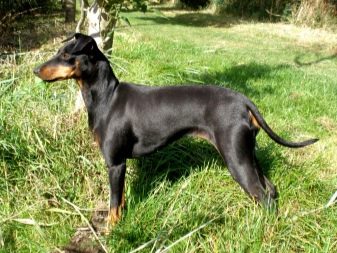
Character
The Manchester Terrier is distinguished by its energetic character and active behavior, has well-developed intellectual abilities, but can show authority and self-will. By nature, the dog dislikes small animals, especially rodents, therefore Keeping several pets in the same house or apartment is not recommended.
In order to curb the wayward animal, it is imperative to train and train the dog. The four-legged pet is strongly attached to its owner and all other family members with whom he lives. However, you should refuse to buy a puppy of this breed if you have small children, as the dog may be angry and aggressive in their attitude.
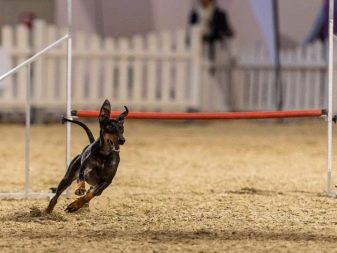
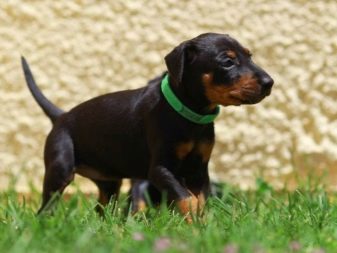
Manchester dogs cannot stand long loneliness and do not like to be without a master.At the same time, too annoying attention can annoy the dog. In this sense, it is important to maintain the right balance. In relation to strangers, the animal behaves quite cautiously and wary, however, without reason it will not show aggression.
Life span
The Manchester breed of dogs is characterized by fairly good health and is rarely exposed to diseases. Nevertheless, it is worth remembering that To maintain a healthy lifestyle, the animal must comply with all the rules of care and principles of maintenance.
If you follow all the recommendations of experts, the animal can live up to 15 years.
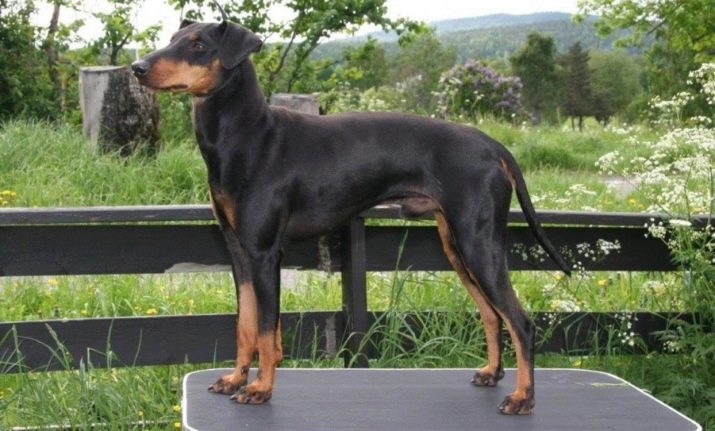
Conditions for keeping
Manchester dogs can be kept both in a city apartment and in private lands. The dog gets along in almost any environment. However, the four-legged pet needs in long and active walks, especially in the warm season. However, you should observe a more or less stable temperature, as overheating and hypothermia can have a negative effect on the body of your dog.
In order for the animal to feel comfortable, it is necessary to arrange for it a specially allocated individual place with bowls for food and a bed. The latter can be built from improvised means or bought on the zoological market.
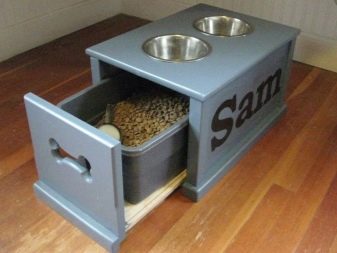
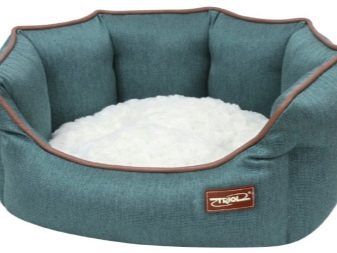
What to feed?
In terms of nutrition, the animal is quite unpretentious. The dog can be fed with both ready-made feed mixtures and natural products. This choice, depending on their desires and capabilities, must be made by the owner of the dog.
However, regardless of the choice of a particular diet, it is important to remember that Manchester Terrier is a breed of dog that is prone to obesity. That is why it is important to monitor the portion size, as well as the ratio of proteins, fats and carbohydrates in the diet.
remember, that Dog food should be complete and balanced. If necessary, the dog needs to be given additional vitamin and mineral complexes, but in this case, prior consultation with a professional veterinarian is required.
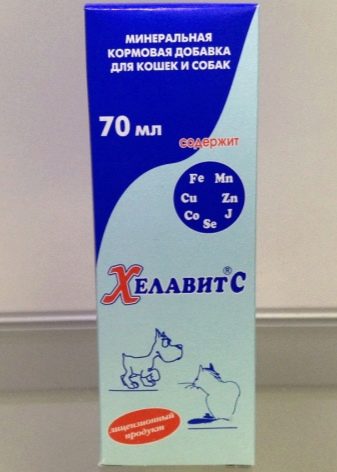

How to care?
With regard to nursing activities, the animal is quite picky. Due to the fact that the dog's hairline is very short, molting processes are rather weak (especially if you regularly comb your pet). The combing procedure should be done 1 time every 7 days, and for its implementation you need to use special combs and brushes. Remains of hair that has fallen from the surface of the animal’s hair can be removed with a damp cloth.
As for bathing and water procedures, in this regard, representatives of the Manchester Terrier breed need an individual approach. If we talk about averaged indicators, it is believed that animals rarely need full bathing - once every 2 or 3 months.
With four-legged pets of Manchester origin, it is important to carry out simple, but always regular hygiene procedures: brushing your ears, teeth, as well as cutting your nails and examining your eyes.
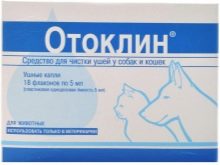
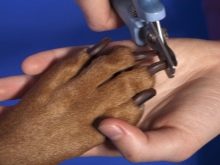
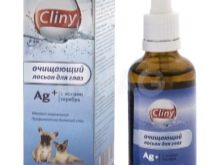
Parenting and training
Manchester Terrier is a pet that has pronounced mental abilities, so the dog easily learns all the commands and tricks. Training is a must for a dog of this breed., because if you let the animal’s life on its own, it will show willfulness and independence, it may not even recognize its owner.
Representatives of this breed are very sensitive to all kinds of aggression and physical punishment, therefore, these methods of education should be avoided. On the contrary, animals love praise and rewards. The process of education should begin from a very early age, as an adult dog will be quite difficult to re-educate.
If possible, entrust training to professional dog handlers.Manchester terriers need constant physical exertion, so participants from competitions and contests can be raised from them.
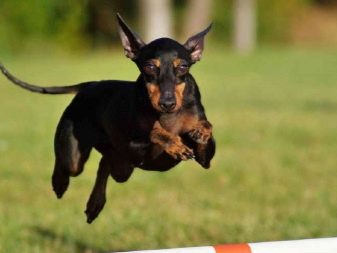

For more information on the Manchester Terrier, see the next video.
